Explore your home
Knowing your home is the first step to keeping it safe. Learn more about the safety risks in each area of your home – and how to reduce them.
Bedroom
Rest easy knowing you're safe in your bedroom. Carbon monoxide poisoning can be dangerous for people who are sleeping and unaware of the symptoms. Follow these few simple tips to gain peace of mind.


Be alert for carbon monoxide
Ensure you have a carbon monoxide detector on every level of your property and in every room where someone sleeps.

Avoid carbon monoxide poisoning
Never install a furnace where someone sleeps. Hire a qualified professional to ensure your equipment is properly vented and adjusted for an adequate supply of fresh air for safe and efficient combustion.
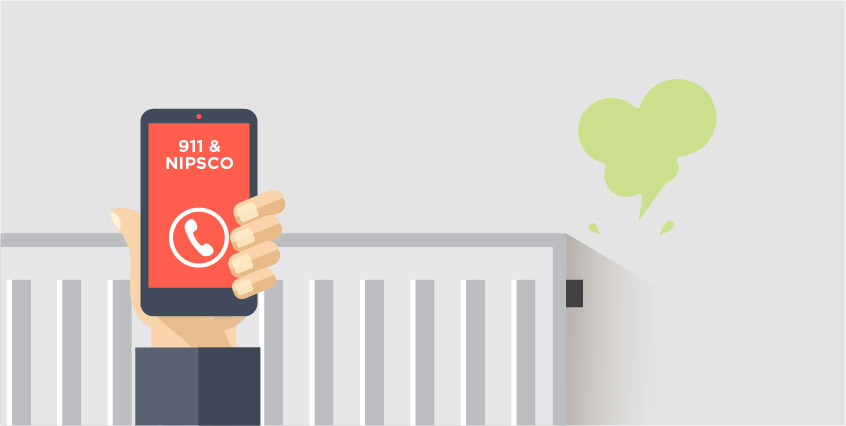
Smell gas? Stop. Leave. Call.
If you smell a rotten egg or sulfur-like odor, you could have a gas leak. STOP what you're doing, LEAVE the area immediately and CALL 911 and us. We'll send someone to check on the source of the odor at no cost to you, whether there is a leak or not.

Installing, repairing or replacing appliances
If you need to install, repair or replace an appliance, hire a qualified professional to make sure the work is properly done. Never attempt this yourself!
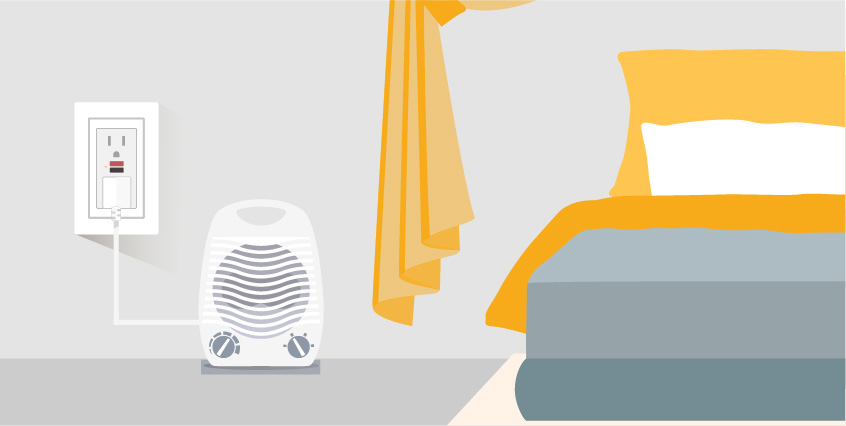
Keep your space safe
Portable heaters should not be operated close to drapes, and to prevent tipping, they should always be placed on a non-flammable stable surface.
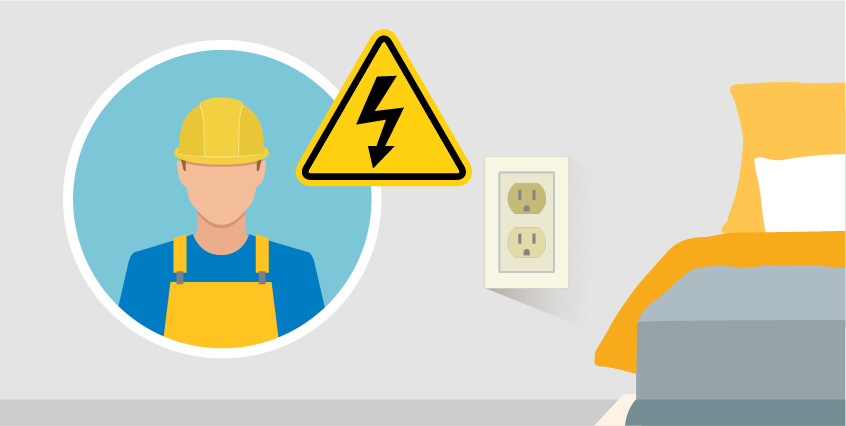
Hire a qualified professional
Call a qualified electrician or your landlord if you have:
- Warm or discolored wall outlets
- A burning smell from an appliance
- Flickering lights
- Frequent problems with circuit breakers or blowing fuses
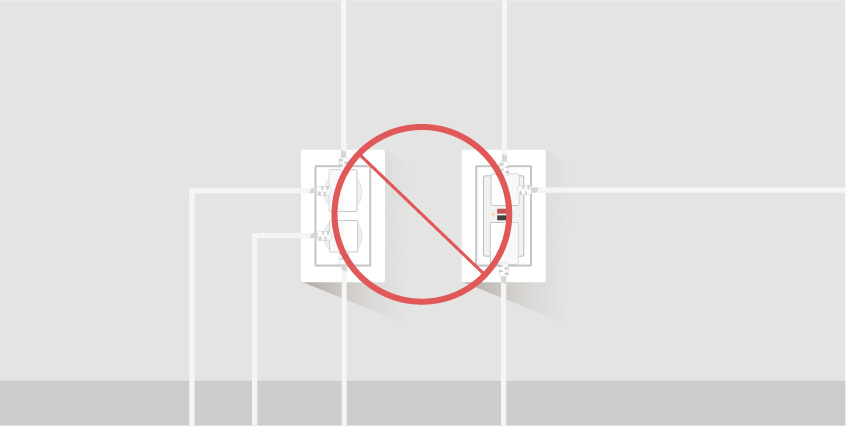
Don't overload
Replace or repair damaged electrical cords to keep your home safe. Do not overload electrical cords or outlets. Have a qualified electrician add more outlets if you need them.
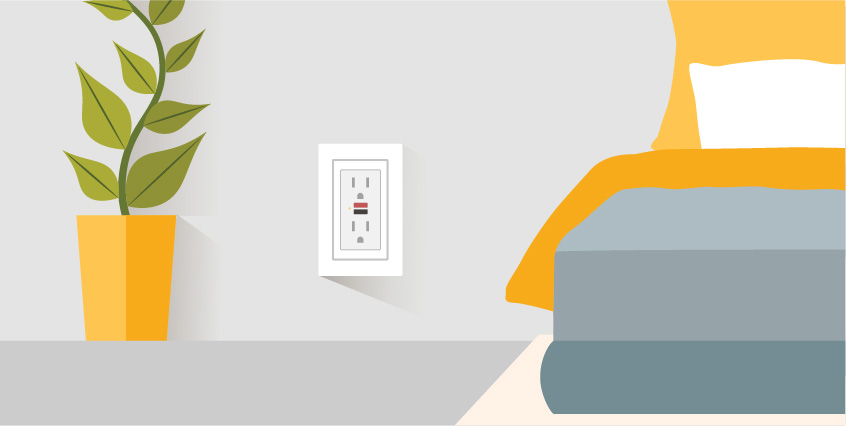
Put safety first
Use GFCI outlets to reduce the risk of potential shock. GFCIs should be installed in all areas where water source is present. Test GFCIs once a month or per the manufacturer’s recommendation.
